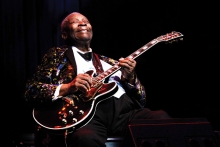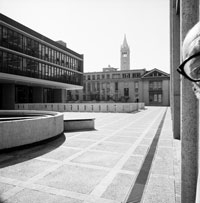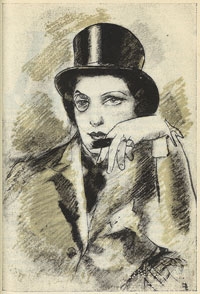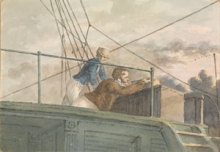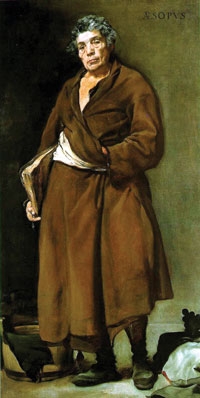Using the example of B.B. King’s soulful performance, Ken Ueno (Music) explores how audio recordings preserve and transmit aspects of music that classical notation fails to transmit.
Professor Andrew F. Jones investigates how the music of Bob Marley and the Wailers—at once impassioned and cool—transforms raw anger into historical awareness.
Professor Jacob P. Dalton describes how Tibetan practitioners of Dzogchen loosen engrained habits of seeing and learn to dream while awake.
Professor Catherine Cole argues that to picture the future in the expansive terms set forth in Ansel Adams' Fiat Lux project—to see it stretching forty, fifty, or one hundred years into the distance—is to perform an act that, while defying the logic of crisis and austerity, is nonetheless absolutely essential to sustaining the university as a public good.
Professor Michael Lucey explores French texts that call a strange sort of attention to sexualities or to aspects of sexuality that can’t exactly be referred to.
For multilingual subjects, living in more than one language opens the possibility of constructing for themselves imagined identities that are every bit as real as those imposed by society.
Professor Kevis Goodman discusses what interest the “uncertain disease” of nostalgia might hold for scholars today—especially, perhaps, humanities scholars, a group now at risk of receiving the unwelcome if not fatal diagnosis of nostalgia.
Professors Colleen Lye and James Vernon ask, "How do we articulate a democratic vision of the humanities and the university’s service to the public good?"
Professors Charles Altieri and Susan Maslan argue that humanistic approaches can clarify what values are and how we make judgments about them.
Reading the ancient tradition through the lens of the lowly figure of Aesop allows us to read the center from the margins, enabling us learn something new about the ancient Greek world and to be surprised.
